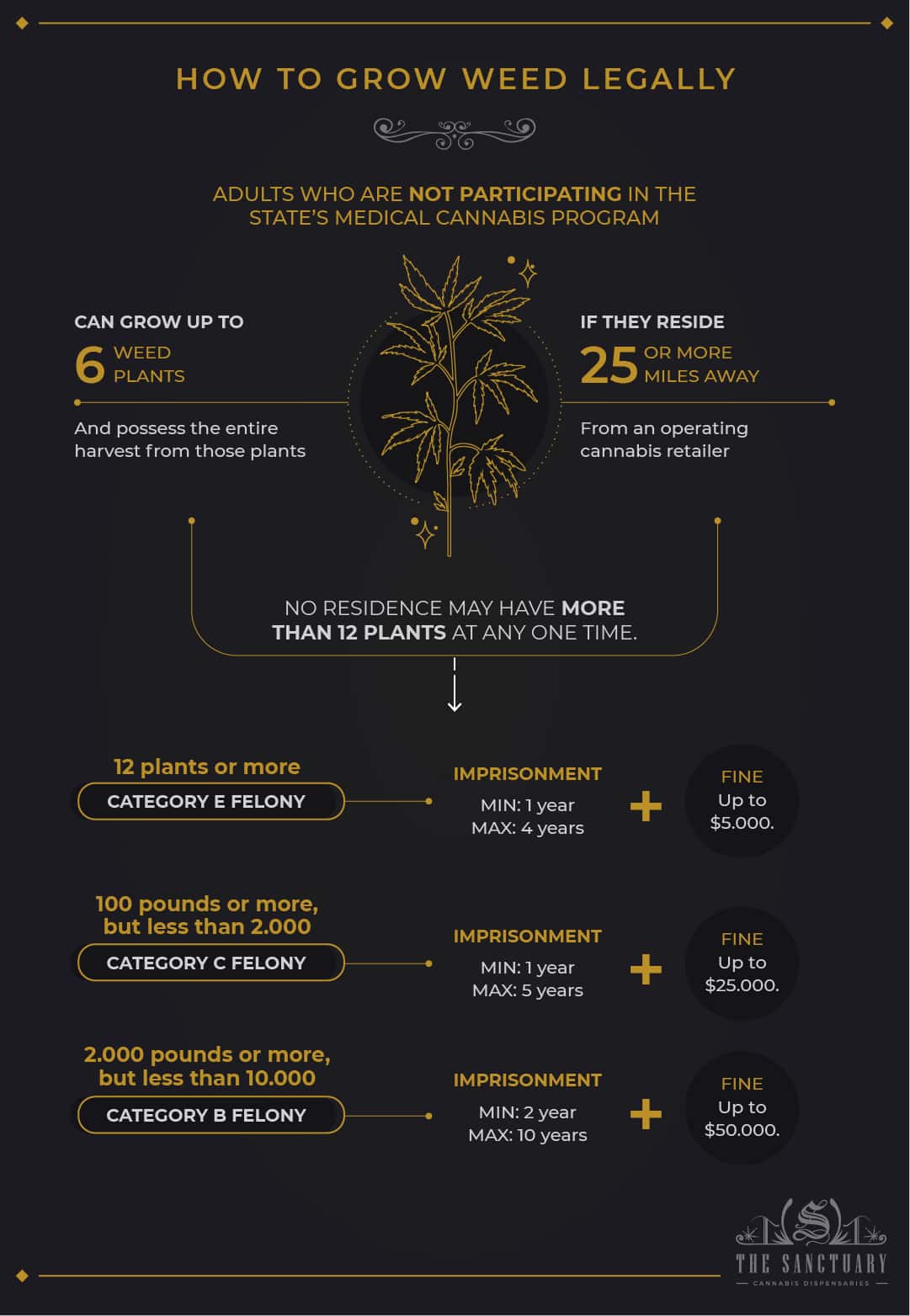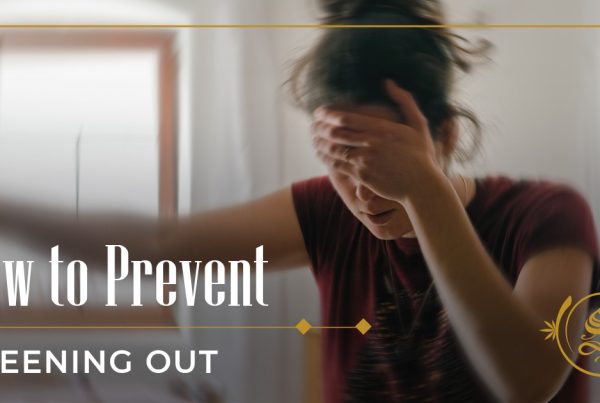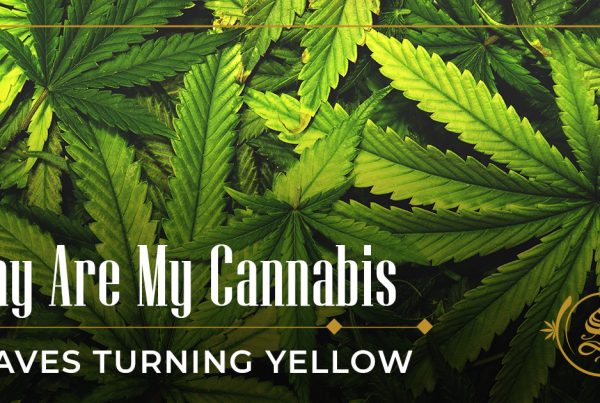Both recreational and medical cannabis is legal in Nevada thanks to the passing of Question 2. Recreational consumers who are 21 years of age and older are now able to purchase up to 1 ounce of cannabis or up to 1/8 of an ounce of concentrate at a time.
Anyone 18 years and older with a valid medical marijuana card can purchase cannabis legally in Nevada, even if the card has been issued from another state. Minors also have the ability to qualify for a medical license if a parent or guardian signs the minor release form and agrees to act as the child’s primary caregiver.
Legislation history
Nevada cannabis legalization began when voters passed the Regulation and Taxation of Marijuana Act, or Question 2, on November 8, 2016, with 54.4 percent voting in favor. The Nevada recreational weed laws went into effect July 1, 2017, allowing adults 21 and older to purchase and consume cannabis for personal use. Before approval of Question 2, medical cannabis patients were only eligible for consumption and possession if they were suffering from severe health issues.
The Medical Use of Marijuana Act, or Question 9, was approved by 65.4 percent of Nevada voters in 2000. It legalized home cultivation of cannabis for medical use and created a patient registry system. However, medical marijuana sales in Nevada did not take place until 2015.
Jurisdiction over both the medical marijuana and adult-use programs belongs to the Nevada Department of Taxation. Before Question 2, the medical marijuana program was administered by the Division of Public and Behavioral Health (DPBH). The Medical Marijuana Patient Cardholder Registry is regulated by The DPBH.
How to get a medical cannabis license
In order to obtain medical cannabis with a Nevada license, you must have a recommendation from a certified physician. The only way to receive a recommendation is to be diagnosed with a debilitating or chronic medical condition that can be mitigated by the use of cannabis.
Patients with these conditions are eligible to receive a medical license:
- Anxiety disorder
- Anorexia
- Autoimmune disease
- Autism
- Cancer
- Chronic muscle spasms
- Epilepsy
- Glaucoma
- HIV/AIDS
- Multiple sclerosis
- Neuropathic conditions
- Opioid addiction
- Severe nausea or pain
- Wasting syndrome (cachexia)
- Any other debilitating medical condition upon the acceptance of a petition to add a condition to Nevada’s list of eligible conditions.
Where to purchase weed in Nevada
As long as you are over 21 years old, you can purchase weed at any recreational dispensary unless you are a medical patient in which case you can buy from medical-only stores along with recreational. Some weed stores are dual-licensed facilities, which means they can sell to both medical and recreational users.
Nevada determines where to allow recreational dispensaries based on county size. Clark County has been allotted 80 dispensaries, Washoe County has 20, Carson County has 4, and the additional 14 counties has 2. Las Vegas and Reno have the most dispensary locations in Nevada.
Local government control determines when stores are allowed to be open to the public. Las Vegas enables cannabis dispensaries to open their doors at 6 am and they must be closed by 10 pm. Reno dispensaries, on the other hand, are allowed to be open until midnight.
How much does weed cost in Nevada?
When Nevada opened the doors to its legal cannabis market in 2017, record sales in addition to some early distribution issues led to a price increase of 200 percent. In addition to incredible demand, a scarcity of cultivators and a shortage of supply caused legal establishments to raise their prices.
As it currently stacks up, a gram of cannabis normally costs $12 to $20 at licensed dispensaries across Nevada while the same quantity of pot can be purchased legally in Portland and Denver for $6 to $10. An eighth of cannabis flower, priced at $35 to $70 in Nevada, costs between $17 to $50 in Oregon and Colorado’s largest cities.
Nevada’s relatively high weed prices are a result of the costs paid by dispensaries to state-mandated testing labs as well as a tax that is as high as 38 percent by the time the weed reaches the buyer. As the industry expands to include more dispensaries and cultivation facilities, more pot supply will force shops to compete for customers.
Nevada has less than one-eighth the number of open dispensaries in both Oregon and Colorado, and costly lab testing standards for those states are not as stringent as they are in Nevada.
How to grow weed legally

Question 2 permits adults who are not participating in the state’s medical cannabis program to legally grow up to 6 weed plants, and to possess the entire harvest from those plants, if they reside 25 miles or more away from an operating cannabis retailer. No residence may have more than 12 plants at any one time.
Cultivation of 12 plants or more is a category E felony punishable by a minimum of 1 year and a maximum of 4 years imprisonment and a fine up to $5,000.
Cultivation of 100 pounds or more but less than 2,000 pounds of marijuana is a category C felony punishable by a minimum of 1 year and a maximum of 5 years imprisonment and a fine up to $25,000. Cultivation of 2,000 pounds or more but less than 10,000 pounds is a category B felony punishable by a minimum of 2 years and maximum of 10 years imprisonment and a fine up to $50,000.
Is DUI of cannabis a crime?
Nevada law prohibits drunk driving and drugged driving. Even if the driver is not impaired, it is DUI to drive with the following pot levels:
- Blood: At least 2 nanograms per milliliter (or 5 nanograms per milliliter of cannabis metabolite);
- Urine: At least 10 nanograms per milliliter (or 5 nanograms per milliliter of cannabis metabolite)
Law enforcement officials will determine if a person is under the influence of weed by requesting either a field sobriety test, urine sample, or blood sample. A first-time DUI conviction with no injury is a misdemeanor. Penalties usually consist of a fine and a suspended jail sentence. The judge also mandates a victim impact panel and DUI school. A first-time DUI conviction comes with a six-month driver’s license suspension. However, defendants are usually able to drive immediately on a restricted license.
DUI of cannabis charges can be difficult to prove for a prosecutor. A criminal defense attorney may be able to get the charges reduced to reckless driving or dismissed completely.
Cannabis reciprocity laws
If you are visiting the state of Nevada and you have a medical cannabis license from another state then you can purchase cannabis legally in Nevada. In order to be eligible for these reciprocity laws, out-of-state patients must have one of the eligible conditions and they must obey the cannabis possession laws of Nevada regardless of what they are allowed in their home state. To meet the requirement for reciprocity laws, you must:
- Have a valid, up-to-date medical cannabis license from your home state.
- Your home state must require physicians to inform patients of the benefits of using cannabis to treat a patient’s symptoms before issuing a license.
- The Nevada authorities must be able to verify the legitimacy of your medical cannabis license by accessing the registered patients’ database.
- Their home state must spare cardholders from criminal prosecution for medical cannabis use.
Most states that allow medical weed fall in line with these criteria. To make sure that your card is accepted at a dispensary in Nevada, consider calling a few stores beforehand.
Lab testing
All cannabis grown and processed in Nevada must be tested by an independent testing laboratory. Laboratories must receive a medical marijuana establishment registration certificate before performing any cannabis quality assurance test. Subsequently, labs must meet certain criteria in order to complete the certification process to conduct tests.
Labs must analyze for the following:
- Cannabinoids
- Foreign matter
- Heavy metals
- Microbes
- Moisture content
- Pesticide and other chemical residues
- Potency
- Solvents
- Terpenes






